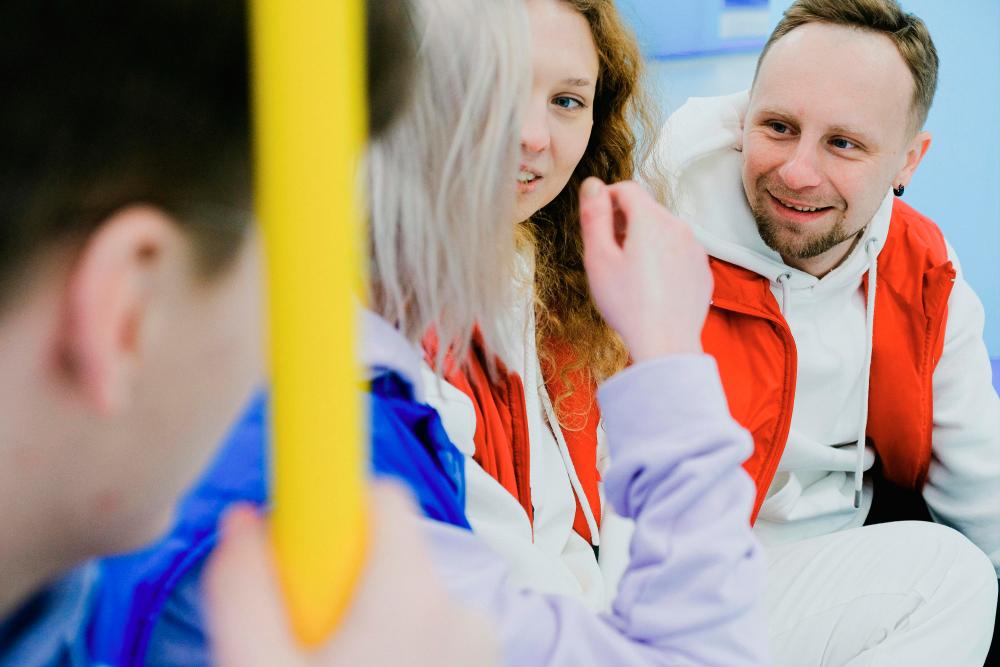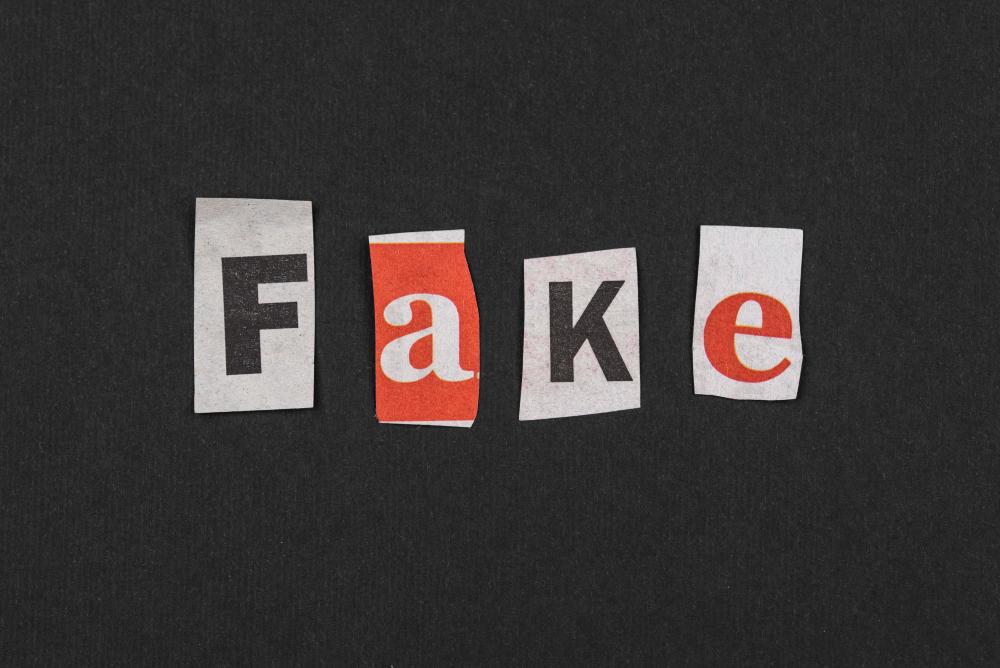THE prevalence of fake people has become an unavoidable reality. These individuals, adept at wearing masks that conceal their true intentions, can be found in various facets of life, from the workplace to personal relationships. Dealing with fake people requires a delicate balance of self-awareness, discernment and resilience.
Read on to explore the intricacies of identifying and navigating the complex web of interactions with those who choose to present a facade rather than their authentic selves.

The art of recognition
The first step in dealing with fake people is recognising them. The facade they present may be charming, confident and seemingly genuine, making it challenging to discern their true nature. Paying attention to inconsistencies in behaviour, overly exaggerated gestures and a pattern of self-promotion can be early indicators. Trust your instincts; if something feels off, it probably is. Moreover, fake people often engage in excessive flattery or constantly seek validation. While genuine compliments are normal in any relationship, an excess of praise can be a red flag. Be wary of individuals who shower you with compliments without any apparent reason, as their motives may be rooted in manipulation rather than sincerity.

Setting boundaries
Once you have identified a fake person, it becomes crucial to establish clear boundaries. Fake people are adept at taking advantage of those who are overly accommodating or lack assertiveness. By setting firm boundaries, you signal that you are not an easy target for manipulation. Communicate your expectations clearly and consistently. If a fake person attempts to cross your boundaries, address the issue assertively but diplomatically. This not only protects your well-being but also forces the fake person to reconsider their approach.
Cultivating authenticity
Cultivating authenticity becomes a powerful tool for dealing with fake people. By embracing your true self, you create a genuine connection with others who value authenticity. Authenticity acts as a natural repellent to fake people, as they thrive in environments where deception is the norm. Share your vulnerabilities and insecurities with those you trust, fostering a culture of openness. Authenticity is a two-way street, and by being genuine, you encourage others to do the same. Surrounding yourself with authentic individuals forms a protective shield against the deceptive allure of fake people.

Practicing emotional intelligence
Dealing with fake people requires a high level of emotional intelligence. This involves understanding and managing your own emotions while empathising with the emotions of others. By honing your emotional intelligence, you become adept at discerning genuine emotions from manipulative tactics. When interacting with fake people, observe their emotional responses to various situations. Genuine emotions are typically consistent and appropriate for the circumstances. On the other hand, fake people may display exaggerated emotions or sudden shifts in mood, revealing the superficiality of their feelings.
Learning from experiences
Each encounter with a fake person provides an opportunity for personal growth and learning. Reflect on past experiences to identify patterns in behaviour and red flags you may have overlooked. Use these insights to refine your ability to recognise and navigate relationships with fake people in the future. Learning from experiences also involves acknowledging your vulnerabilities and addressing any aspects of yourself that may make you susceptible to manipulation. By continuously evolving and adapting, you become better equipped to navigate the complex social landscape.
Ultimately, the journey to dealing with fake people is a continuous process of self-discovery and refinement. As you sharpen your skills in deciphering the authentic from the counterfeit, you not only protect yourself from potential harm but also contribute to fostering a culture of genuine connections in an increasingly artificial world.









